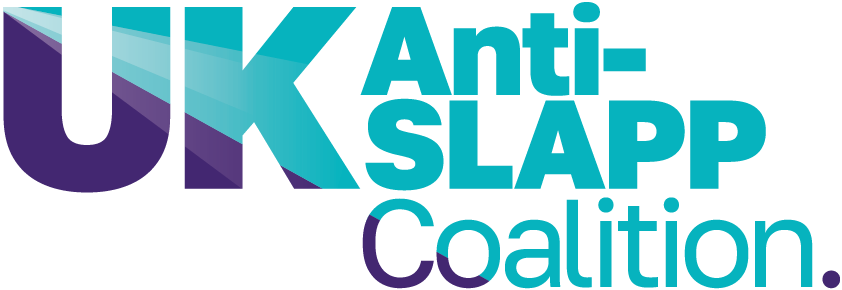On 22 May, British Prime Minister Rishi Sunak announced the next General Election will take place on 4 July 2024. With six weeks until the polls open and the dissolution of Parliament, the Strategic Litigation Against Public Participation Bill (the SLAPP Bill) has been discarded. While some Bills have been made law through the wash-up process, as the SLAPP Bill has not yet been scrutinised by the House of Lords it was not included.
While the text of the draft SLAPP Bill – published in February 2024 – was fundamentally flawed, it nevertheless enjoyed cross-party support and established a foundation for further improvements. The UK Anti-SLAPP Coalition worked constructively with the Ministry of Justice, Wayne David MP, and other MPs to identify practical ways in which the draft could be improved to establish meaningful and accessible protections against SLAPPs. The amendments approved by the Bill Committee earlier in this month addressed vital deficiencies in the draft, but also pinpointed remaining issues and identified further necessary improvements that could have strengthened the Bill at the Report Stage. Without these amendments, the Bill would have fallen significantly short of its intended aim to protect those speaking out in the public interest.
Now with an election on the horizon and uncertainty as to the incoming administration’s priorities, it remains unclear when we can expect a future anti-SLAPP Law to protect everyone in England and Wales.
This is an ignominious end to the UK Government’s commitment to stamp out SLAPPs first made in July 2022, with the former Justice Secretary Dominic Raab saying “I’m announcing reforms to uphold freedom of speech, end the abuse of our justice system, and defend those who bravely shine a light on corruption.” Since that point, anti-SLAPP provisions protecting those who report on economic crime have been incorporated into the Economic Crime and Corporate Transparency Act (ECCTA) and Wayne David MP brought forward the SLAPP Bill to expand protections beyond the scope of ECCTA, to everyone who spoke out in the public interest. With the SLAPP Bill now gone, the anti-SLAPP provisions in the ECCTA will be the only record of the Government’s attempt to counter abusive legal harassment. Given that these protections are narrowly defined – protecting only those reporting on economic crime – and depend on a flawed model that was ultimately replaced in the SLAPP Bill, this is a disappointing step back for free speech in England and Wales.
The UK Anti-SLAPP Coalition remains fully committed to a standalone Anti-SLAPP Bill, which would establish robust, meaningful and universal protections as a necessary guarantor of free expression for everyone in England and Wales. We stand ready to work with the incoming administration to build on the progress already made, mobilise cross-party support for tackling SLAPPs and bring forward a Bill without delay.
The coalition co-chairs said:
“With the SLAPP Bill discarded ahead of the General Election, the current Government missed its last opportunity to realise its commitment to stamp out SLAPPs. As we will now have to await the outcome of the election, British courts will remain open to abuse by those seeking to stifle public interest speech. We call on whoever wins the election to make a clear commitment to protect free expression by bringing forward a standalone anti-SLAPP Law at the earliest possible opportunity.”
